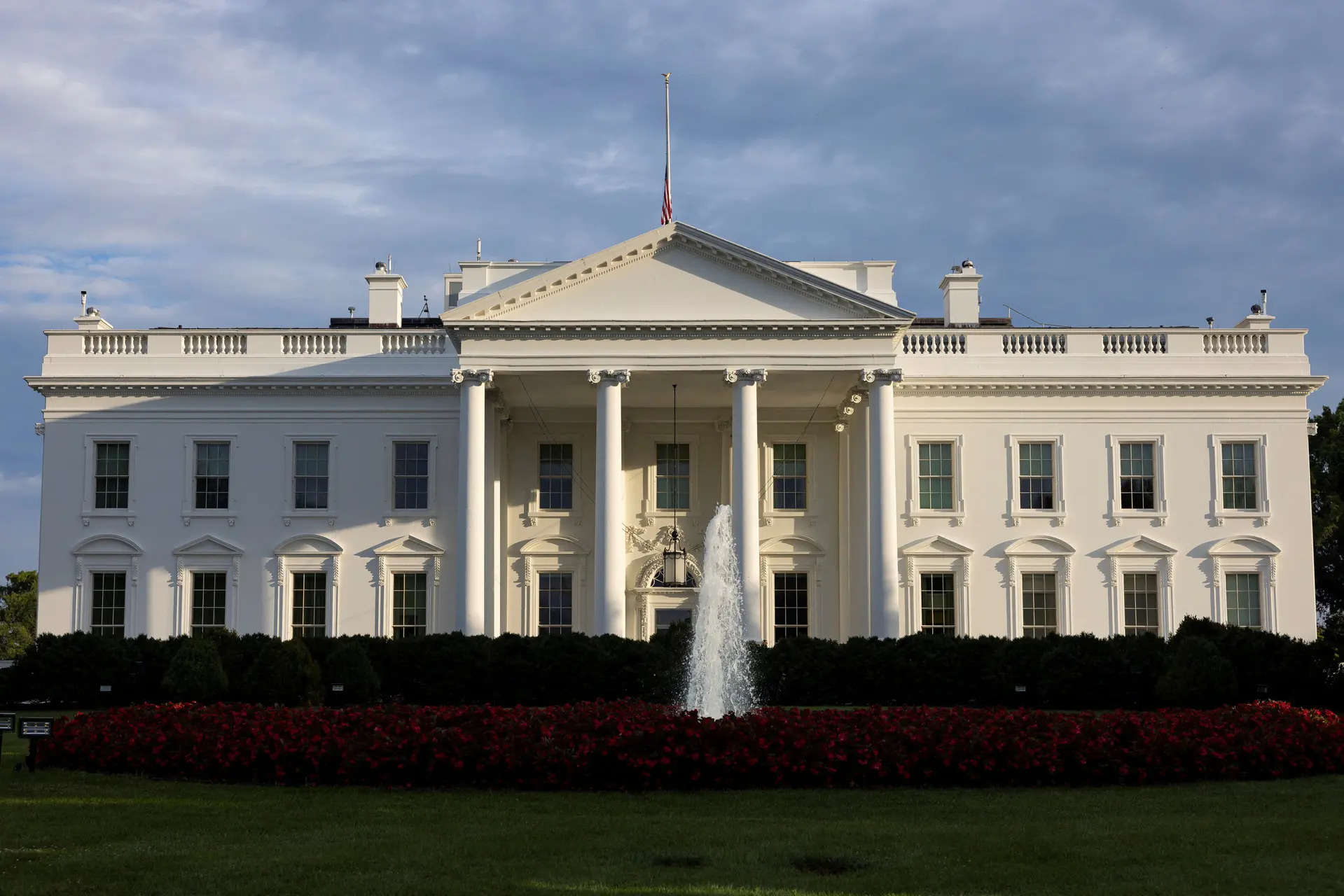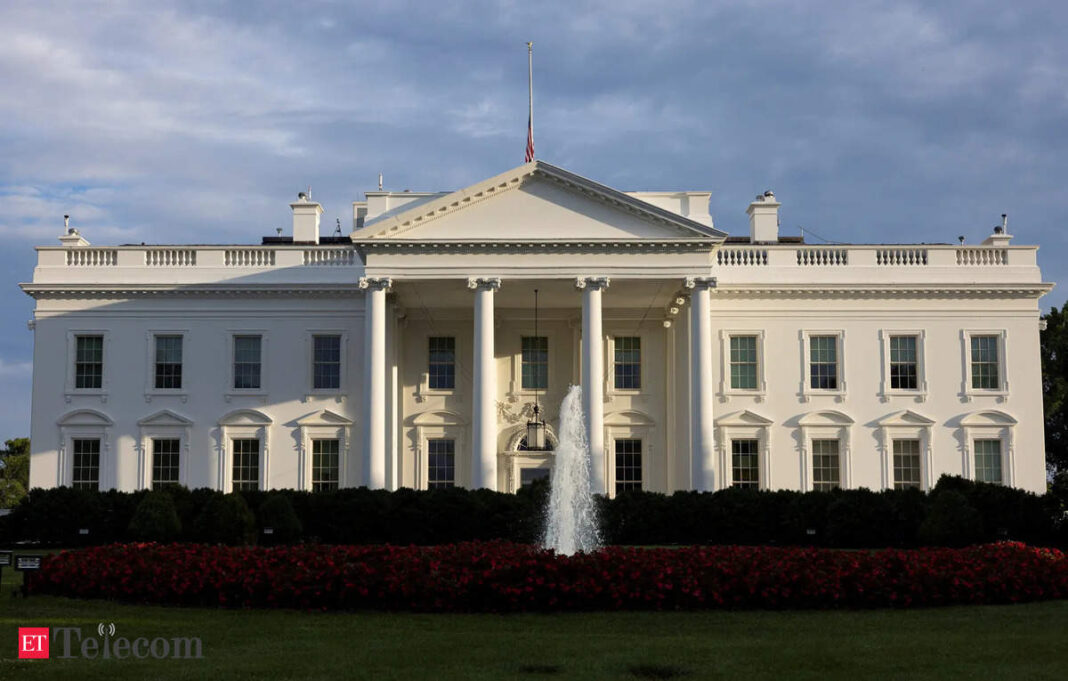In Short:
The White House is pushing for improved internet routing security to protect against China’s potential to divert online traffic. A report from the Office of the National Cyber Director highlights vulnerabilities in the Border Gateway Protocol (BGP), which manages internet traffic flow. Federal agencies are urged to enhance their routing security and ensure U.S. service providers adopt modern technologies. BGP weaknesses could lead to personal data exposure, theft, and disruptions in crucial services. Recent actions include the FCC’s move to restrict several Chinese telecom companies due to national security risks related to BGP vulnerabilities.

Strengthening Internet Security: A Call from the White House
WASHINGTON — On Tuesday, the White House made a noteworthy announcement, urging federal agencies to ramp up internet routing security on their networks. This proactive approach comes in light of serious concerns expressed by U.S. officials regarding China’s potential ability to redirect internet traffic.
Addressing Vulnerabilities in Internet Routing
The White House Office of the National Cyber Director has released a comprehensive report that highlights critical efforts aimed at tackling a significant security loophole linked to the Border Gateway Protocol (BGP). This protocol is essential for the global information routing architecture of the internet.
In its report, the office emphasizes the need for federal agencies to strengthen routing security. Additionally, it proposes new requirements for U.S. government-contracted service providers to adopt the latest, commercially viable internet routing security technologies.
Risks Associated with Routing Vulnerabilities
The report outlines the dire consequences of traffic being inadvertently or deliberately diverted. Such actions could lead to exposure of personal data, facilitate theft or extortion, enable state-level espionage, disrupt essential security transactions, and compromise critical infrastructure operations. The scope of risk is alarming!
A Complex Internet Landscape
The internet comprises over 70,000 interconnected networks, with BGP playing a pivotal role in exchanging routing information. However, the White House report indicates that BGP’s original design was not equipped to safeguard against the current threats facing today’s digital ecosystem.
Recent Developments in BGP Security
This comes on the heels of the Federal Communications Commission (FCC) advancing a proposal to enhance BGP security following revelations that China Telecom exploited these vulnerabilities to misroute U.S. internet traffic on at least six occasions.
According to statements from the Defense and Justice Departments, BGP has provided China with opportunities to disrupt, capture, examine, and manipulate U.S. internet traffic — a disconcerting situation that merits immediate attention.
Implications of BGP Hijacking
In June, FCC Chair Jessica Rosenworcel underscored the alarming reality of BGP hijacks, stating they can expose personal information and lay the groundwork for major risks like theft and state-level espionage.
Earlier this year, the FCC took decisive action, ordering the U.S. branches of China Telecom, China Unicom, China Mobile, and Pacific Networks to cease their fixed or mobile internet operations in the U.S., citing national security concerns.
Continued Action Against Security Threats
The commission had previously prohibited these Chinese firms from providing telecommunications services altogether due to ongoing national security threats. Moreover, new telecommunications equipment from Chinese companies Huawei Technologies and ZTE has also been blocked as they pose an “unacceptable risk” to the security of the United States.




